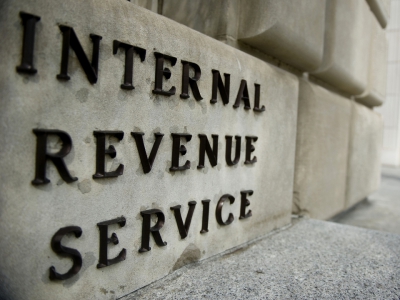Offshore Compliance Initiative agents investigating tax avoidance in connection with virtual currencies over three years have not found any serious cases.
The attorney Jeffrey K. Burns has filed a Notice of Motion and Motion to Intervene with the Court of Northern District of California. The move aims to stop the Internal Revenue Service’s subpoena for Coinbase that had obliged the bitcoin wallet provider to disclose transaction information and personal data of its clients.
In the Notice, Burns shares some details of the IRS investigation including the unique data on cryptocurrency-related tax avoidance in the US:
“Although the IRS Agent upon whose declaration the IRS Petition was based has worked in the Offshore Compliance Initiative program and has been investigating tax non-compliance in connection with virtual currency for more than three years, the Agent states that he is aware of only three taxpayers who have used virtual currency to allegedly evade taxes.”
In the court, the IRS failed to provide sufficient details about those cases, claims the attorney. He states, that his Motion to Intervene comes from the intent to help all the Coinbase customers “who are subject to this overbroad summons, even though the IRS has made no showing that any of them have engaged in suspect tax-avoidance conduct.”
In the summary, Burns declares that the IRS has no legal ground to demand disclosure of Coinbase client’s personal data.
“IRS has no legitimate purpose in seeking the requested documents from Coinbase concerning its users, enforcement of the IRS Summons would constitute an abuse of process as the IRS does not currently have the ability to enforce compliance with its 2014 virtual currency guidance,” says the lawyer.
He also remarks that the IRS’s 2014 virtual currency guidance is woefully insufficient.
The actions of the attorney Burns result from the recent ruling by the Court of Northern District of California. On 1 December, Coinbase lost a court action against the US Internal Revenue Service. The Northern District of California court then approved the taxmen’s claim to see all Coinbase transactions for 2014 and 2015. The judge Jacqueline Scott Corley considered valid the argument of the tax authorities that some American residents could have evaded taxes using cryptocurrencies.
Roman Korizky
Image via flickr.com

















